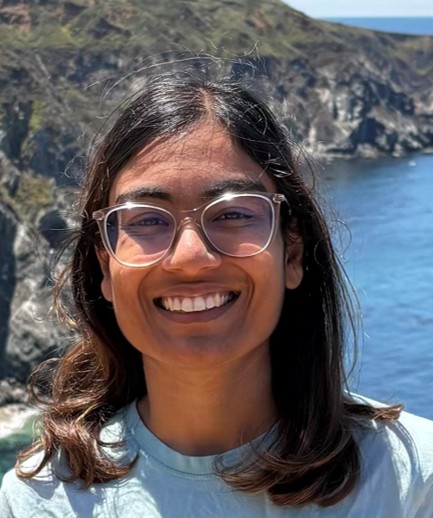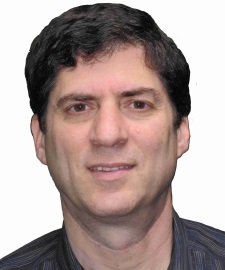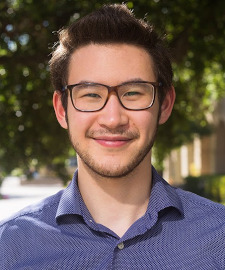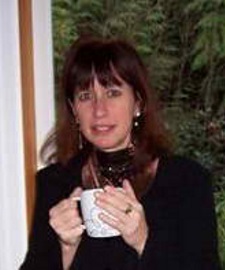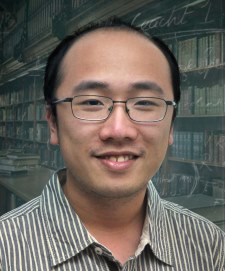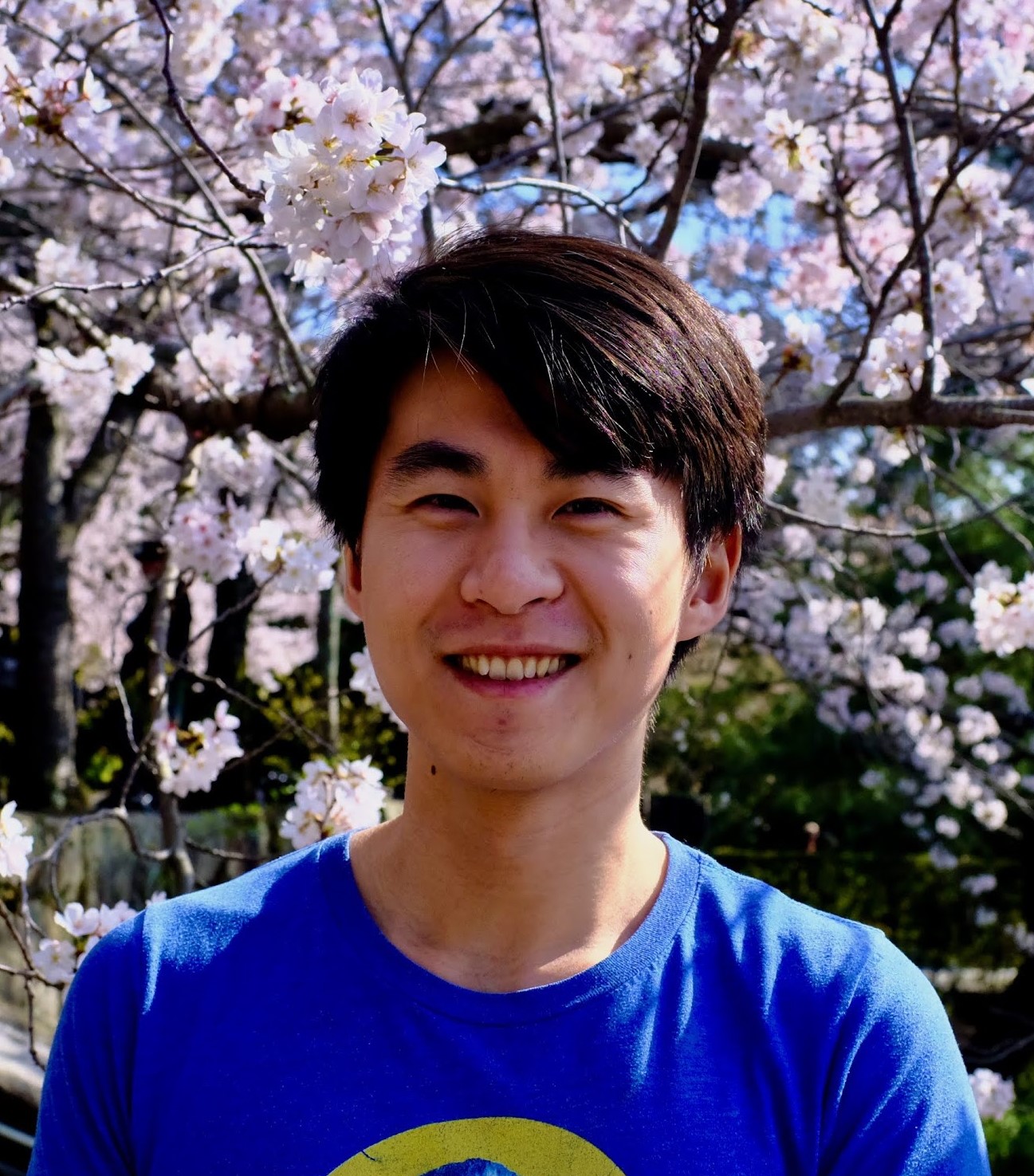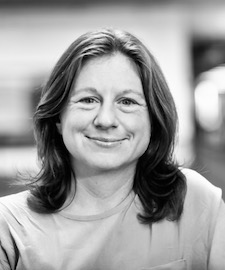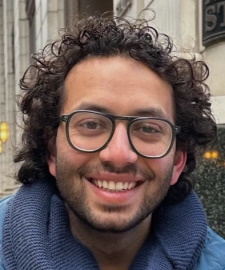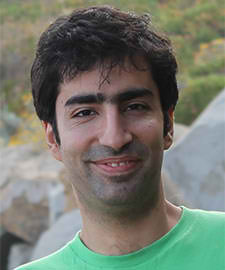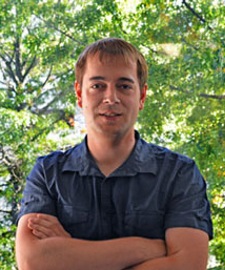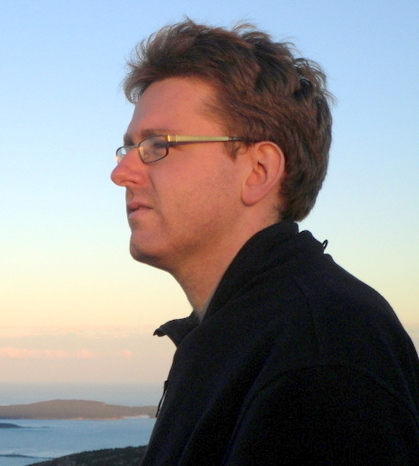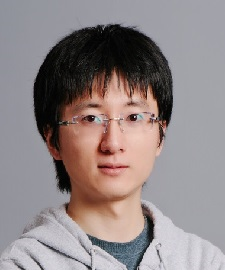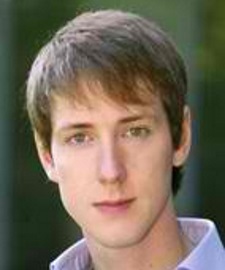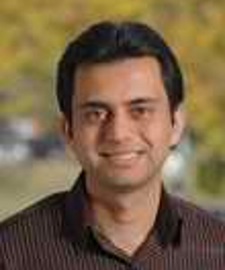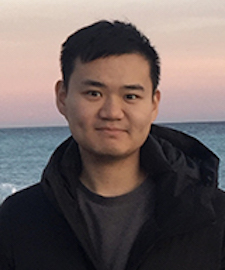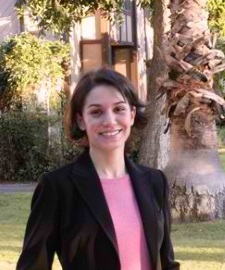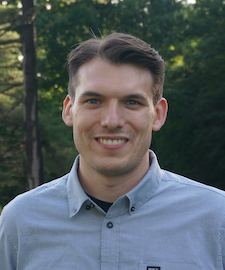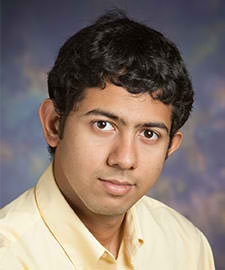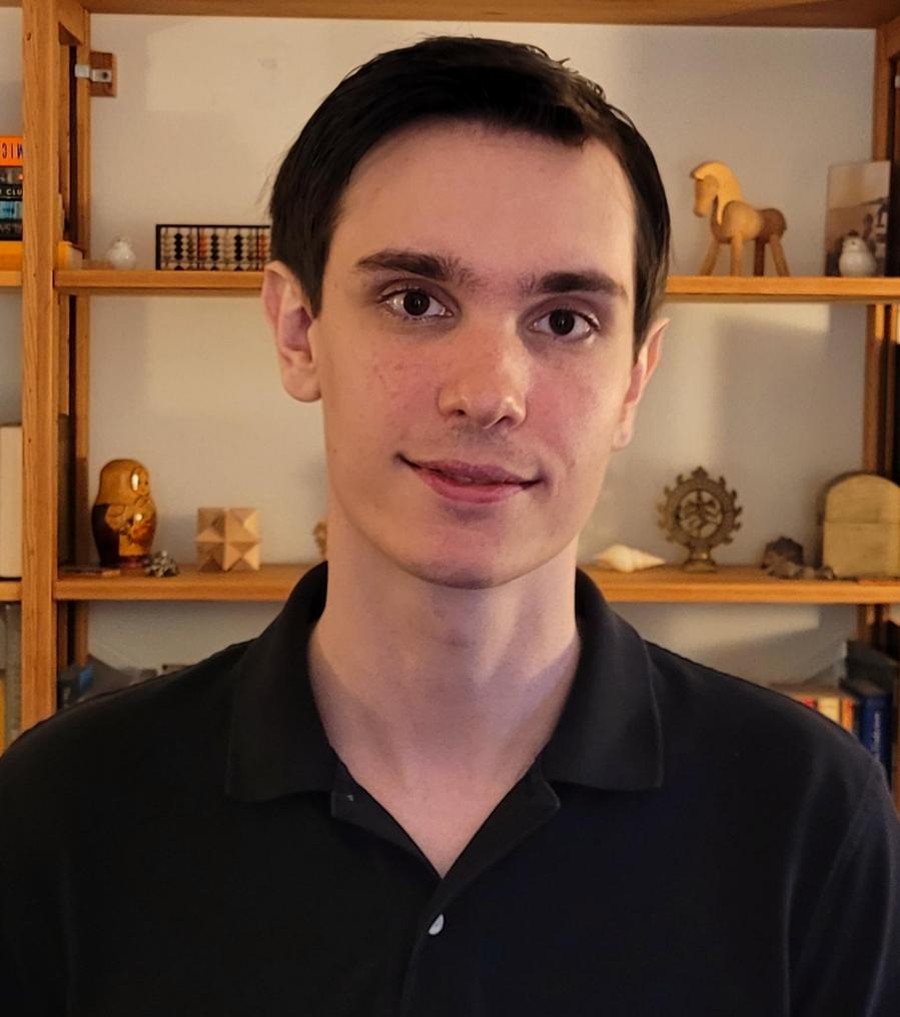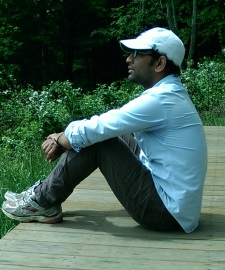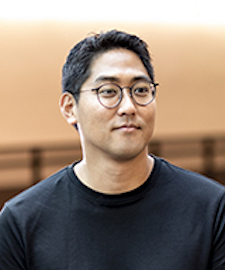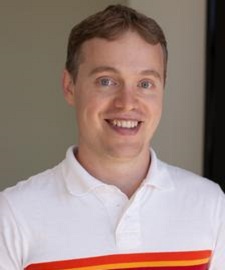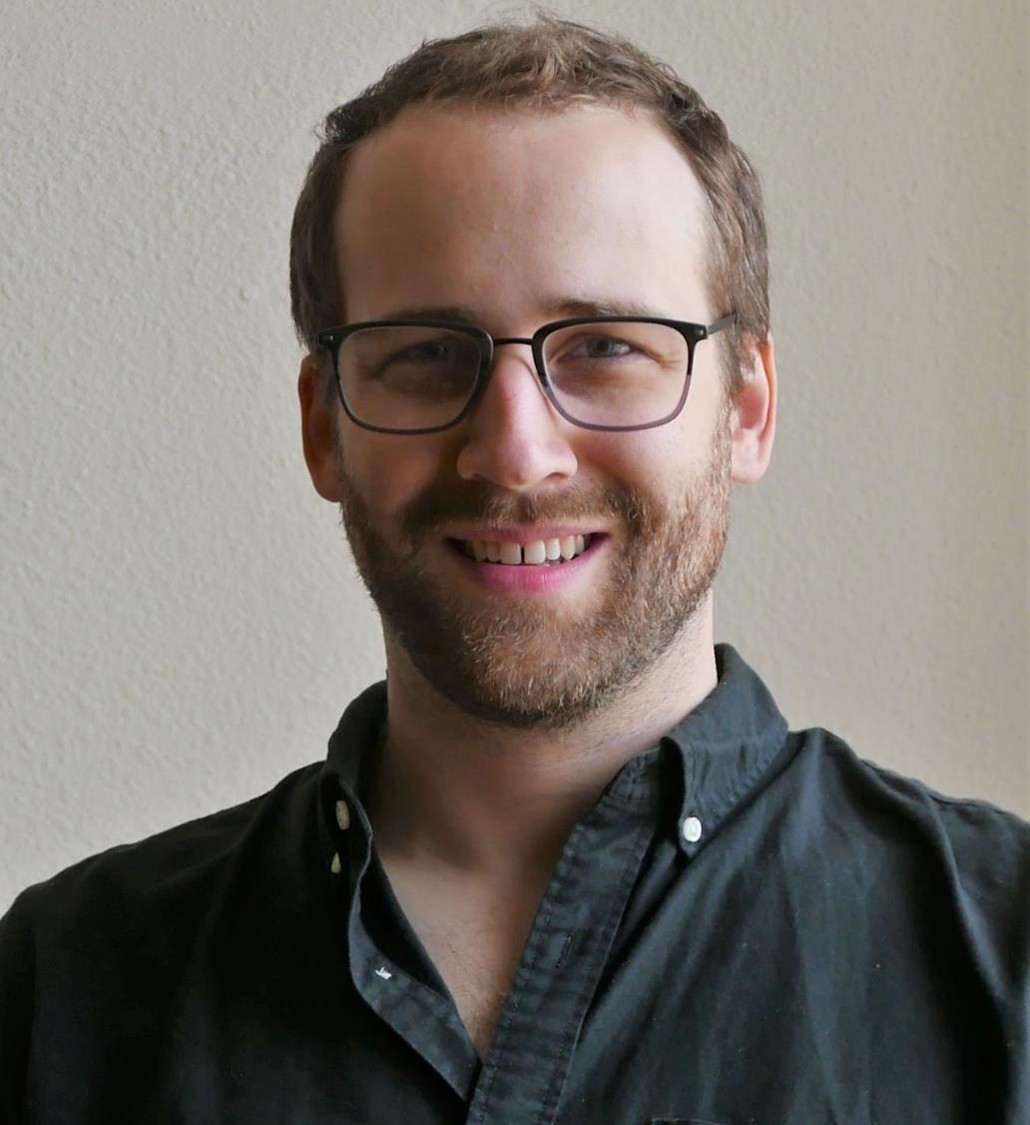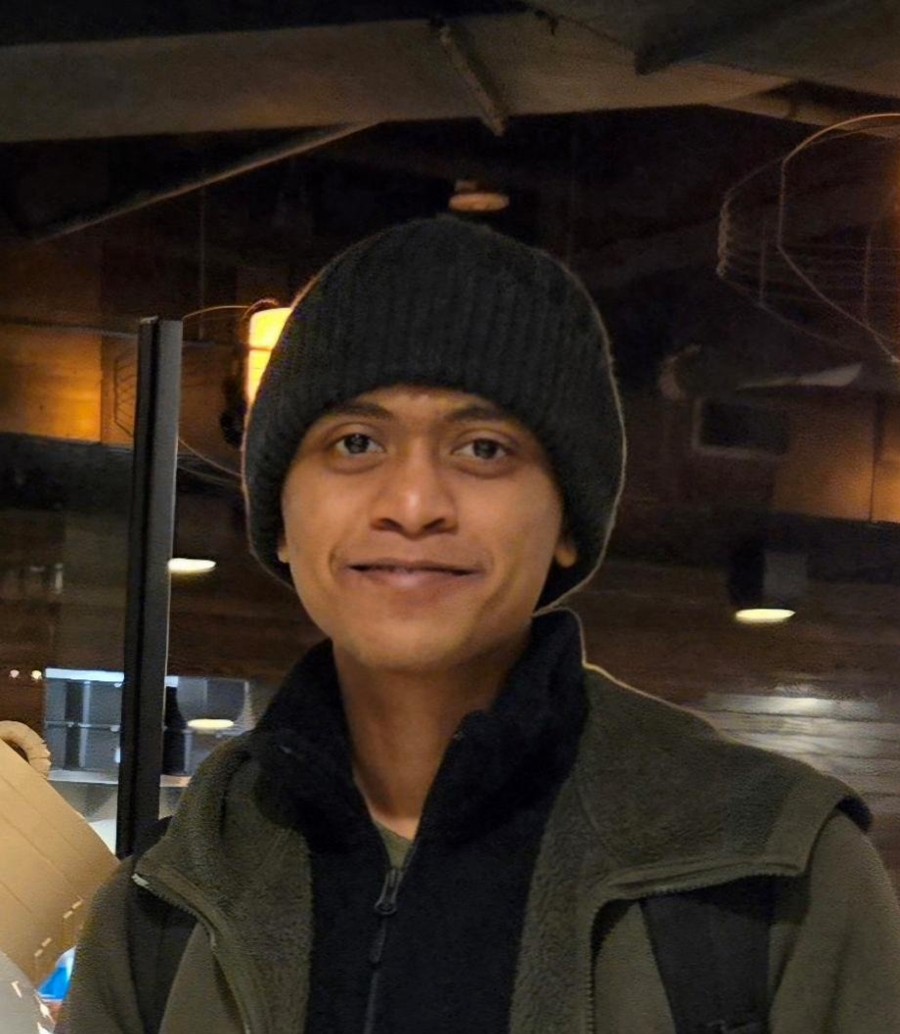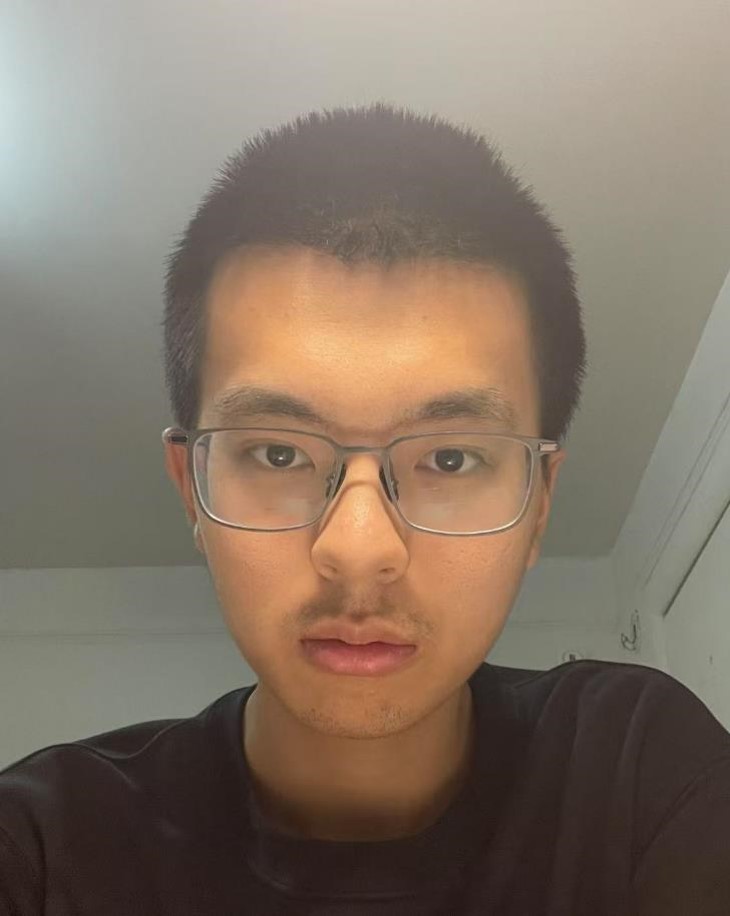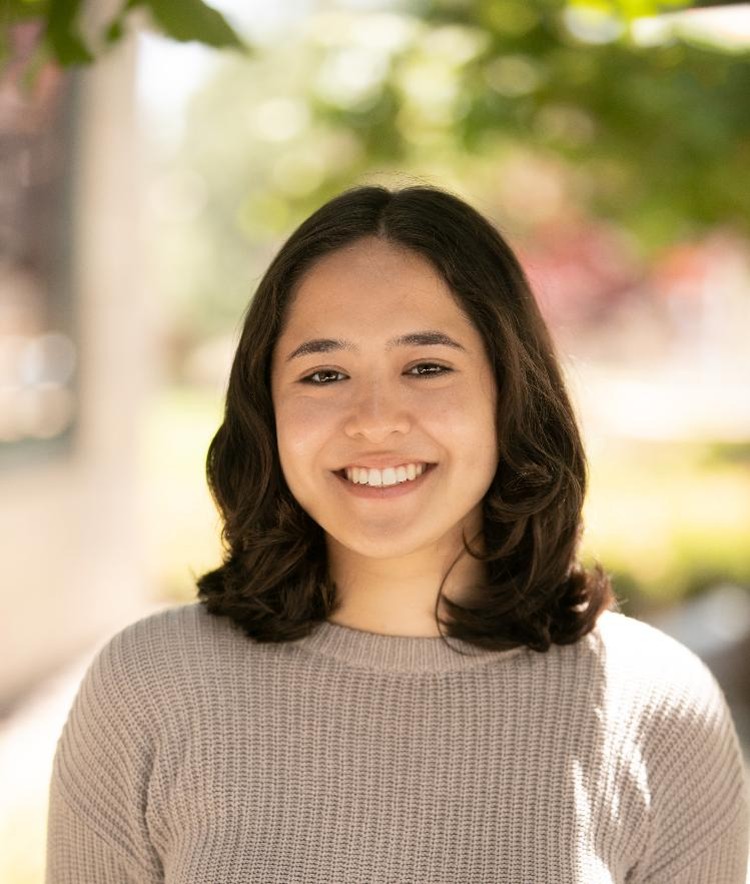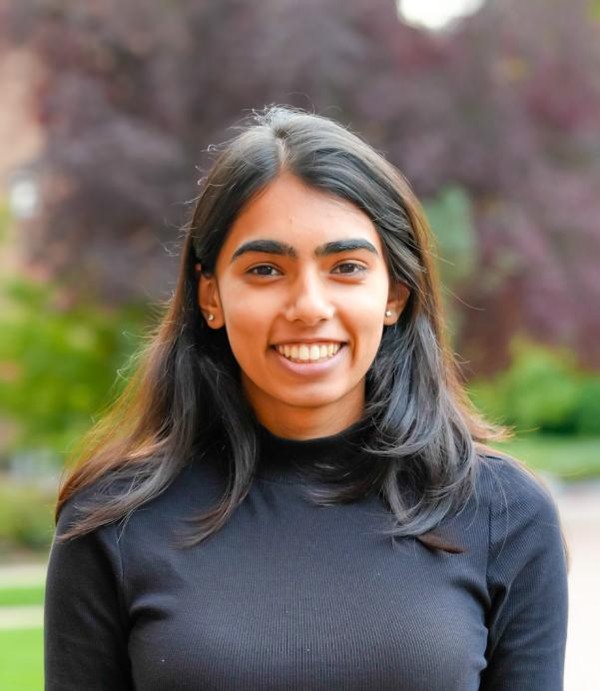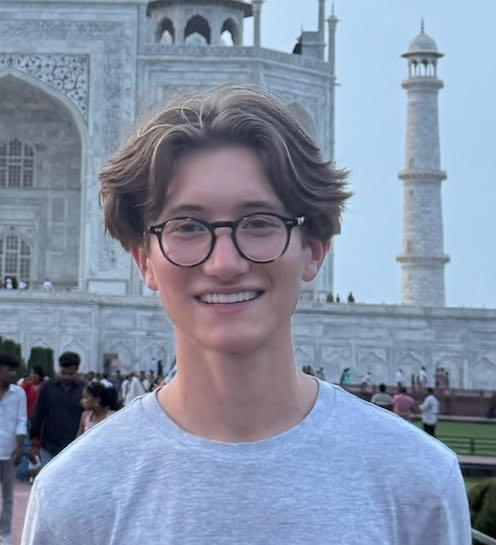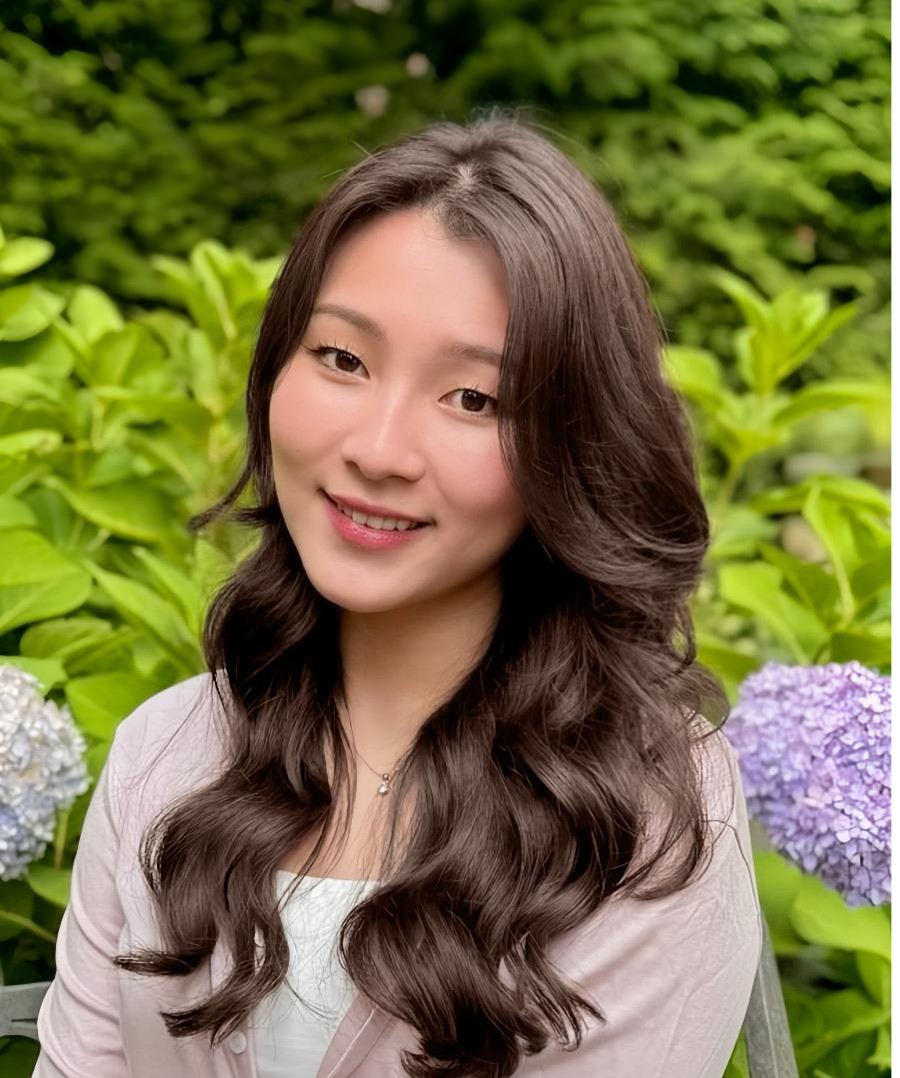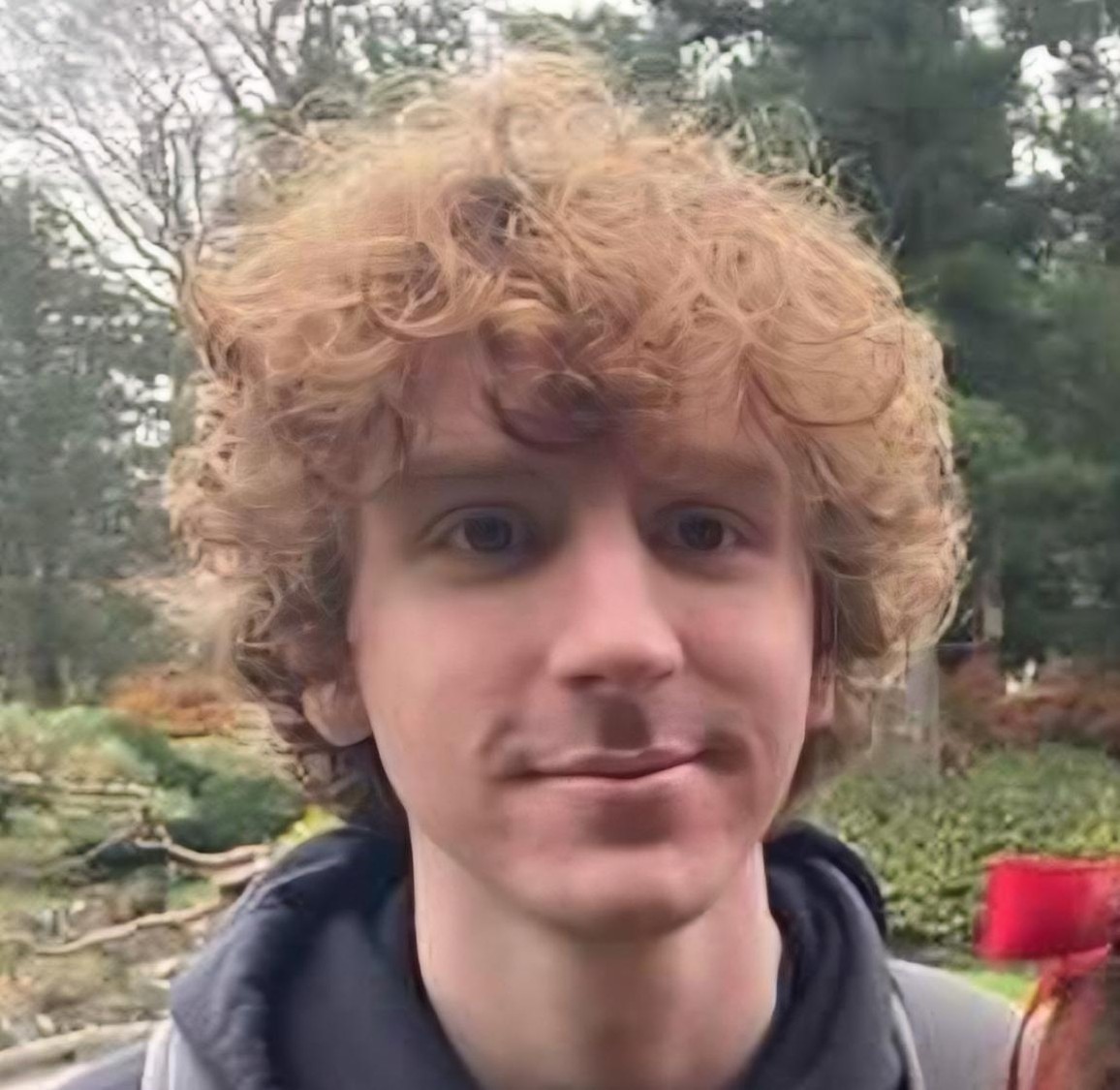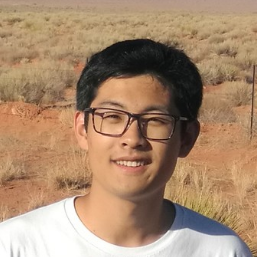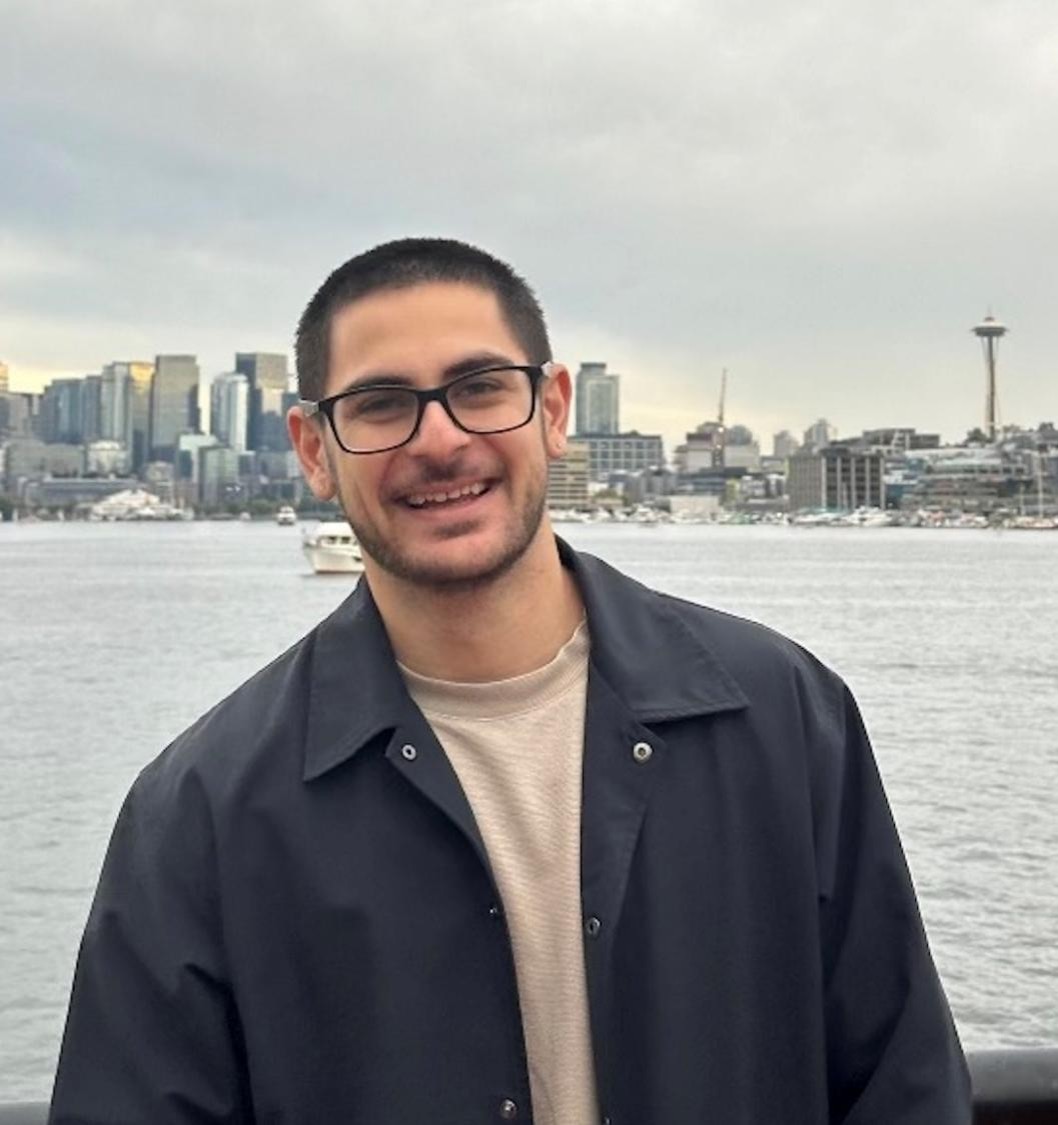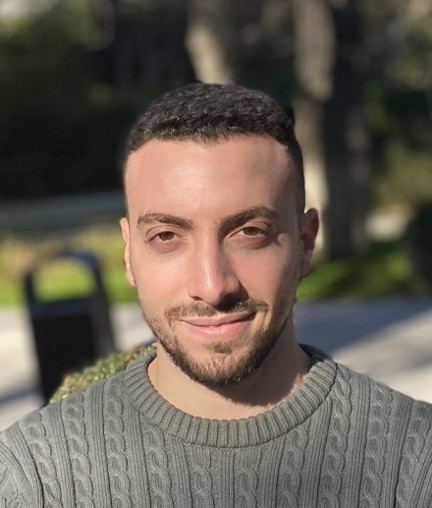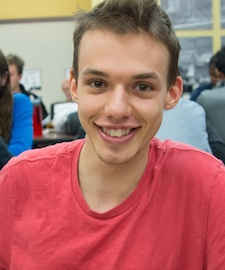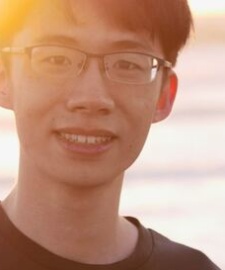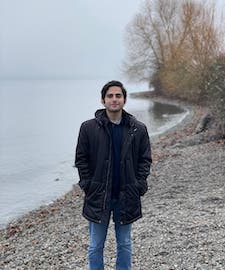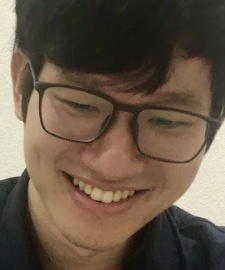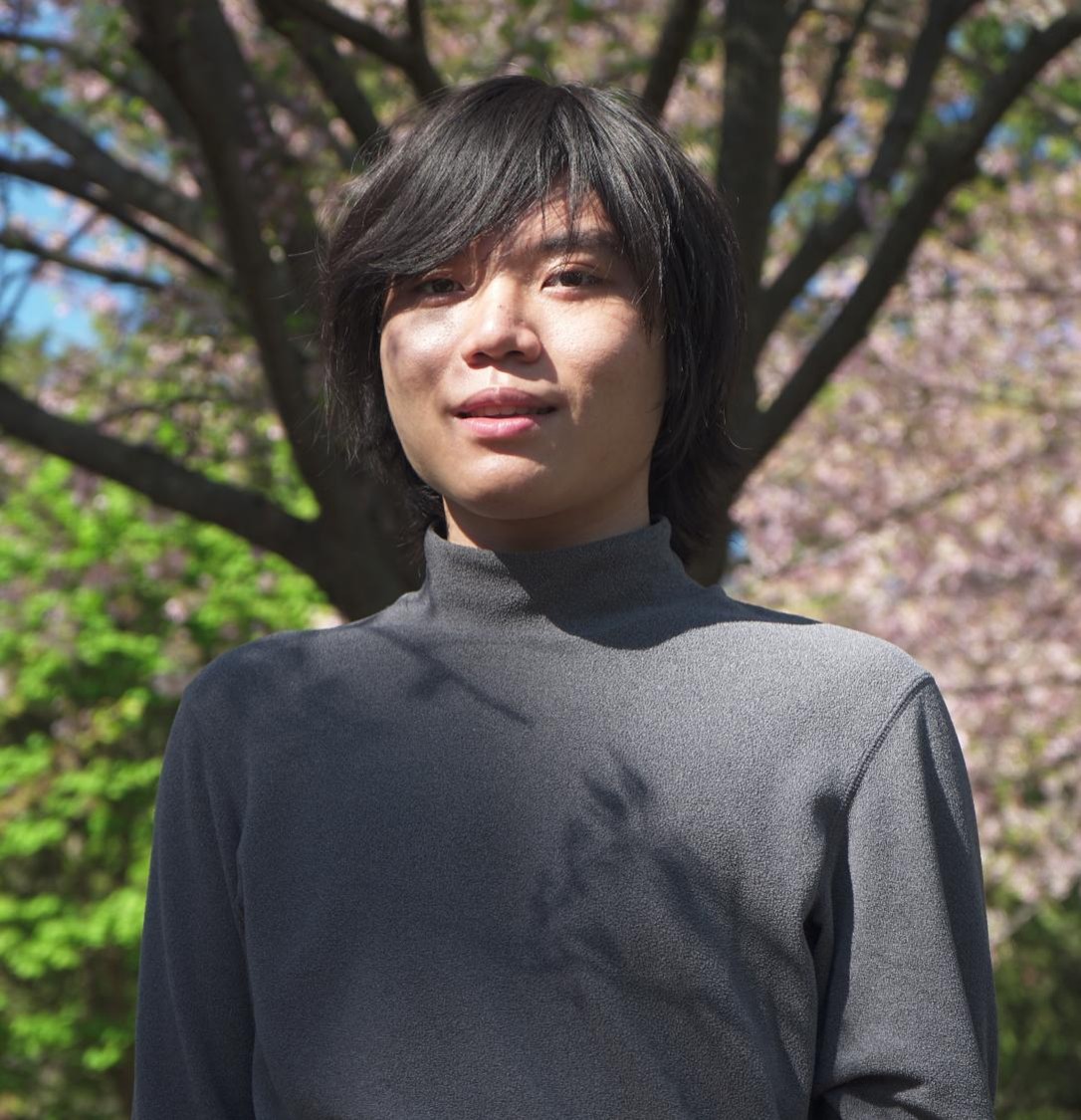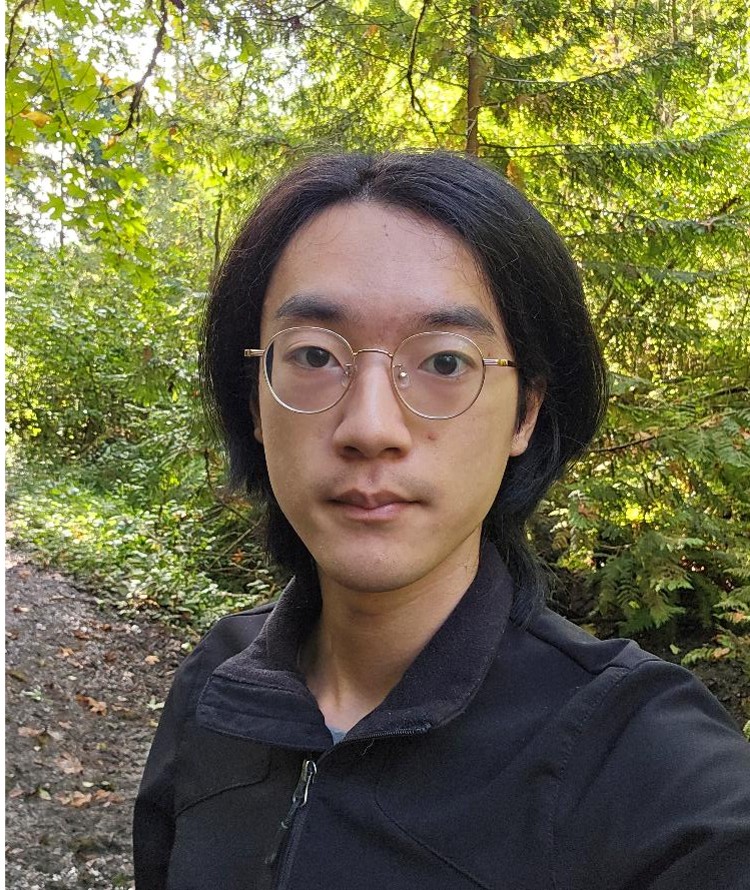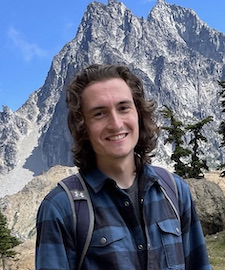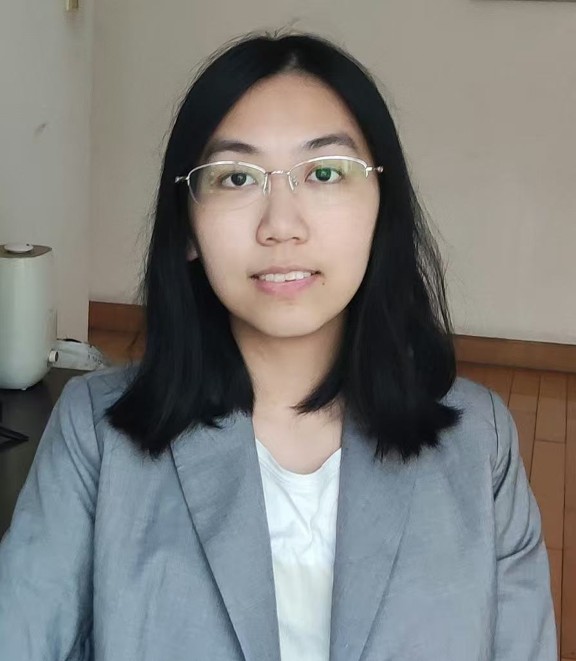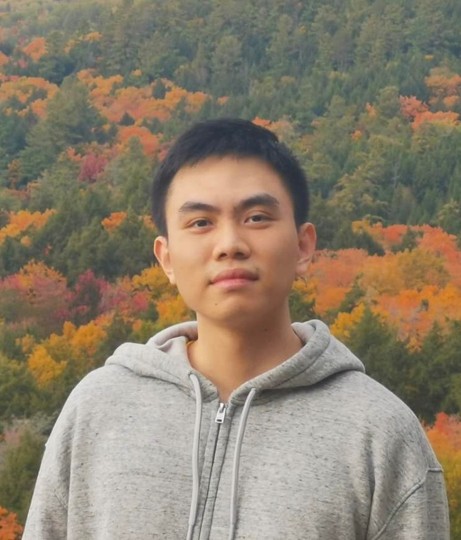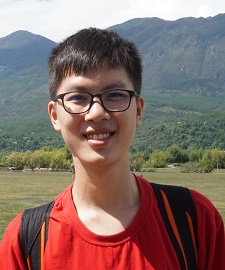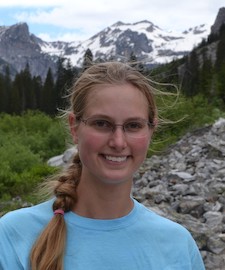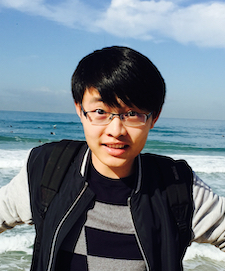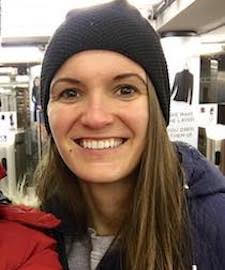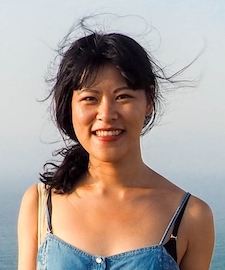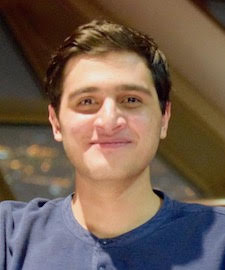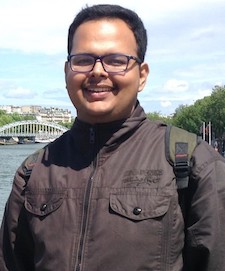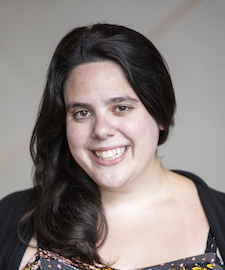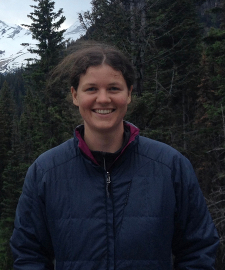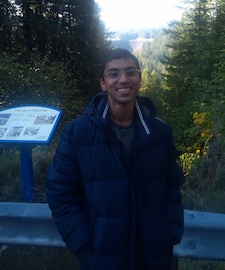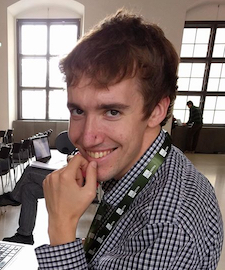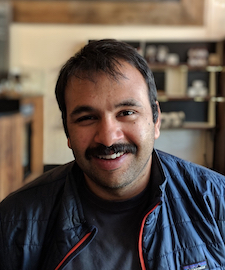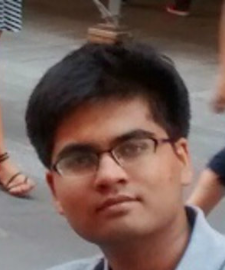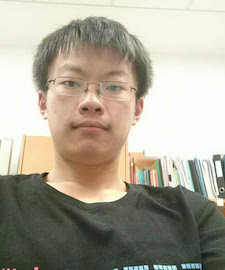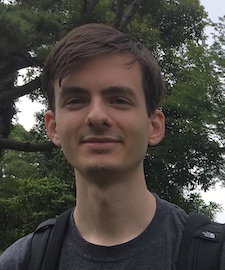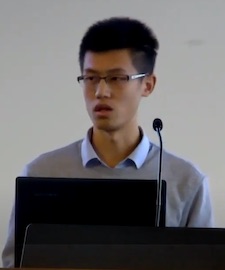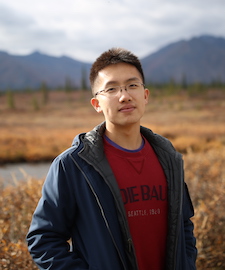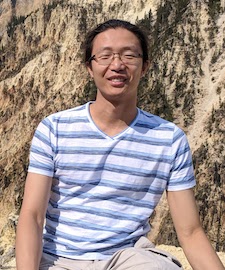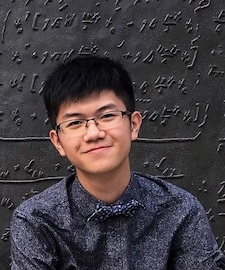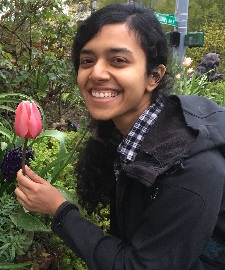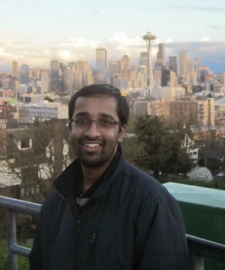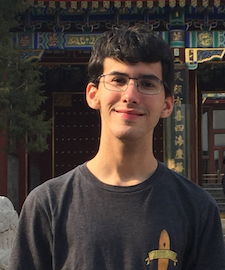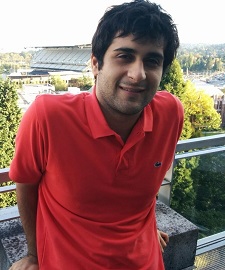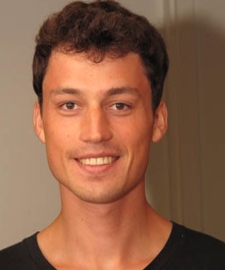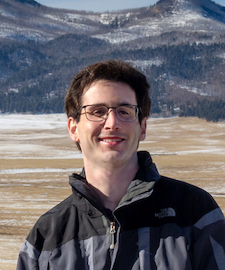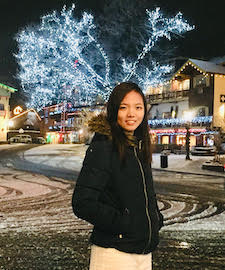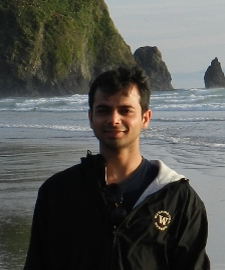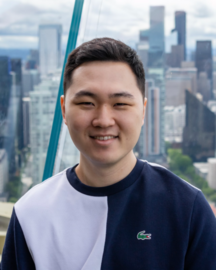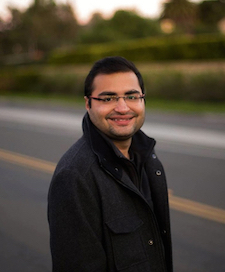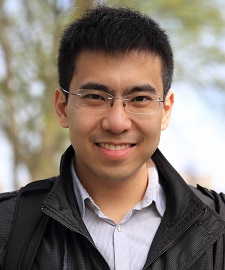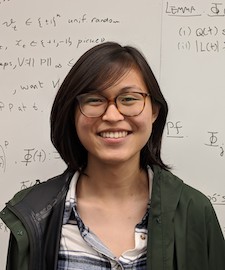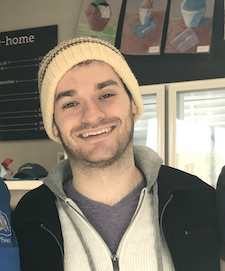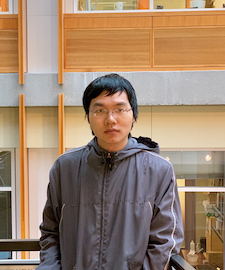CS Theory @ UW
CS Theory @ UW
Theory talks:
[ earlier | later ] [ google calendar ] [ seminar recordings ]Theory talks:
[ earlier | later ] [ google calendar ] [ seminar recordings ]Faculty
Faculty
Affiliated Researchers
Affiliated Researchers
Machine learning, optimization, algorithms.
Machine learning, combinatorial statistics, stochastic and convex optimization.
Mathematical optimization, data analysis, and control theory.
Developing new insights on commerce from a foundational perspective.
Computational complexity, quantum computation, thermodynamics of computation
Seattle TCS postdocs
Seattle TCS postdocs
Graduate students
Graduate students
Algorithms, probability
Complexity theory, algorithms
Quantum complexity, quantum error correction
Coding theory
Quantum computing, complexity, algorithms
Algorithms, sampling algorithms, random processes
Quantum algorithms, quantum complexity
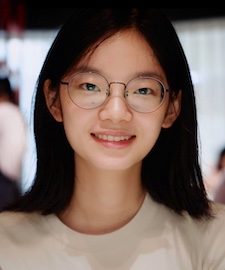
Approximation algorithms, geometry of polynomials
Alumni (PhD & Postdoc)
Alumni (PhD & Postdoc)
Algorithms, spectral graph theory
Algorithms, spectral graph theory, optimization
Mechanism design, approximation algorithms, algorithmic game theory
Continuous optimization, high-dimensional probability, and graph algorithms
Complexity theory, communication complexity, and analysis of Boolean functions
Approximation algorithms, spectral graph theory
Communication complexity, quantum computing, applications of information theory
Cryptography
Cryptography, complexity theory
Theory courses
WI 26 Modern Quantum Cryptography (A. Coladangelo)
AU 25 Algorithmic Robust Statistics (J. Li)
AU 25 Quantum Information and Computation (C. Nirkhe)
AU 25 Analysis of Boolean Functions (T. Rothvoss)
Recent eprints
UW Theory highlights
Er-Cheng Tang is a co-winner of the Machtey Award for the FOCS 2025 Best Student Paper for his paper with Mi-Ying (Miryam) Huang on obfuscating arbitrary unitary quantum programs.
Thomas Rothvoss wins the 2025 (inaugural) mid-career Trevisan Prize for his breakthrough contributions to the study of optimization problems leading to novel approximation algorithms for bin-packing and Steiner tree problems, lower bounds on the extension complexity of the matching polytope, and major progress on the complexity of integer programming.
UW CSE PhD alum Ewin Tang, wins the 2025 Maryam Mirzakhani New Frontiers Prize for developing classical analogs of quantum algorithms for machine learning and linear algebra, and for advances in quantum machine learning on quantum data.
Shayan Oveis Gharan, UW CSE PhD alum Kuikui Liu, UW Math professor Cynthia Vinzant, and Nima Anari win the 2025 Held Prize from the National Academy of Sciences for major advances in the theory of matroids and expanding our understanding of the mixing rates of Markov chains.
Paul Beame and coauthors win the 2024 SAT Conference 20-year Test-of-Time Award for their work on model counting.
Victor Reis and Thomas Rothvoss are awarded a FOCS 2023 best paper award for their work on The subspace flatness conjecture and faster integer programming.
Paul Beame, Paris Koutris, and Dan Suciu receive the 2023 ACM PODS Test-of-Time Award for their work on parallel database query processing.
Shayan Oveis Gharan receives the 2023 Stephen Smale Prize for his work on algebraic and spectral methods in algorithm design.
Dadush, Eisenbrand, and Rothvoss win the IPCO 2023 best paper award for their work From approximate to exact integer programming
Thomas Rothvoss shares the 2023 Gödel Prize for his work on the extension complexity of the matching polytope.
Rachel Lin named one of the “10 Scientists to Watch” by Science News.
Shayan Oveis Gharan is named a Simons Investigator.
Shayan Oveis Gharan wins 2021 Presburger Award for Young Scientists from EATCS for his research on TSP.
Paul Beame is recognized with an ACM SIGACT Distinguished Service Award.
Anna Karlin and collaborators win the ACM Paris Kanellakis Theory and Practice Award for their work on the power of two choices.
Anna Karlin is elected to the National Academy of Sciences.
Anna Karlin, Nathan Klein, and Shayan Oveis Gharan win a best paper award at STOC 2021 for their work A (Slightly) Improved Approximation Algorithm for Metric TSP.
Rachel Lin and coauthors achieve `Crown Jewel’ of Cryptography for their work on Indistinguishability Obfuscation from Well-Founded Assumptions, and receive a best paper award at STOC 2021.
Haotian Jiang wins a best student paper award at SODA 2021 for his work on minimizing convex functions with integral minimizers.
Yin Tat Lee is named a Packard Fellow.
Anup Rao and Amir Yehudayoff publish Communication Complexity and Applications, a modern take on this foundational topic.
Kuikui Liu, Shayan Oveis Gharan and coauthors win a best paper award at STOC 2019 for their work on counting bases of matroids.
Shayan Oveis Gharan is named a 2019 Sloan Research Fellow.
Yin Tat Lee and coauthors win a best paper award at NeurIPS 2018 for their work on algorithms for distributed optimization.
Ewin Tang is one of the Forbes 30-under-30 in Science.
Yin Tat Lee wins the A. W. Tucker Prize for his thesis Faster Algorithms for Convex and Combinatorial Optimization.
Thomas Rothvoss wins the Fulkerson Prize for his work on the perfect matching polytope.
Yin Tat Lee wins an NSF CAREER Award.
James R. Lee is named a Simons Investigator.
Shayan Oveis Gharan is named an ONR Young Investigator.
Kira Goldner is named a Microsoft Research PhD Fellow.
The students of the UW theory group had an impressive presence at SODA 2017. Becca Hoberg and Thomas Rothvoss demonstrate A Logarithmic Additive Integrality Gap for Bin Packing; Cyrus Rashtchian and Paul Beame prove new results on Massively Parallel Similarity Join, Edge-Isoperimetry, and Distance Correlations on the Hypercube; Alireza Rezaei and Shayan Oveis Gharan develop new Approximation Algorithms for Finding Maximum Induced Expanders.
Thomas Rothvoss is named a Packard Fellow.
Shayan Oveis Gharan named one of the “10 Scientists to Watch” by Science News.
Anna Karlin elected to the American Academy of Arts & Sciences.
Amos Fiat, Kira Goldner, Anna Karlin, and Elias Koutsoupias characterize the optimal auction in the “FedEx setting”, further demonstrating the importance of “ironing” and LP duality in mechanism design.
Alireza Rezaei, Shayan, and Nima Anari design efficient MCMC algorithms for sampling from homogeneous strongly Rayleigh measures, a generalization of k-determinantal point processes.
Anup Rao wins the 2016 SIAM Outstanding Paper Prize for his work with Boaz Barak, Mark Braverman and Xi Chen on how to compress interactive communication.
Elaine Levey and Thomas show how the Lasserre SDP hierarchy can be used to design new approximation algorithms for the classical problem of min-makespan scheduling with precedence constraints.
Rong Ge, Qingqing Huang, and Sham Kakade design new efficient algorithms for learning mixtures of Gaussians in high dimensions.
Makrand Sinha and Anup discover a simpler proof that information complexity is not the same as communication complexity.
Siva Ramamoorthy and Anup give new techniques to compress communication protocols when the amount of communication is asymmetric.
James R. Lee, Prasad Raghavendra, and David Steurer win a best paper award at STOC 2015 for proving the first super-polynomial lower bounds on semidefinite extension complexity.
By proving a generalization of the Kadison-Singer conjecture, Shayan Oveis Gharan and Nima Anari give an improved bound on the integrality gap of the classical Held-Karp relaxation for the Asymmetric Traveling Salesman Problem.
Thomas Rothvoss wins the best paper award at STOC 2014 for proving lower bounds on the extension complexity of the matching polytope. Lance Fortnow calls it the “complexity result of the year.”
